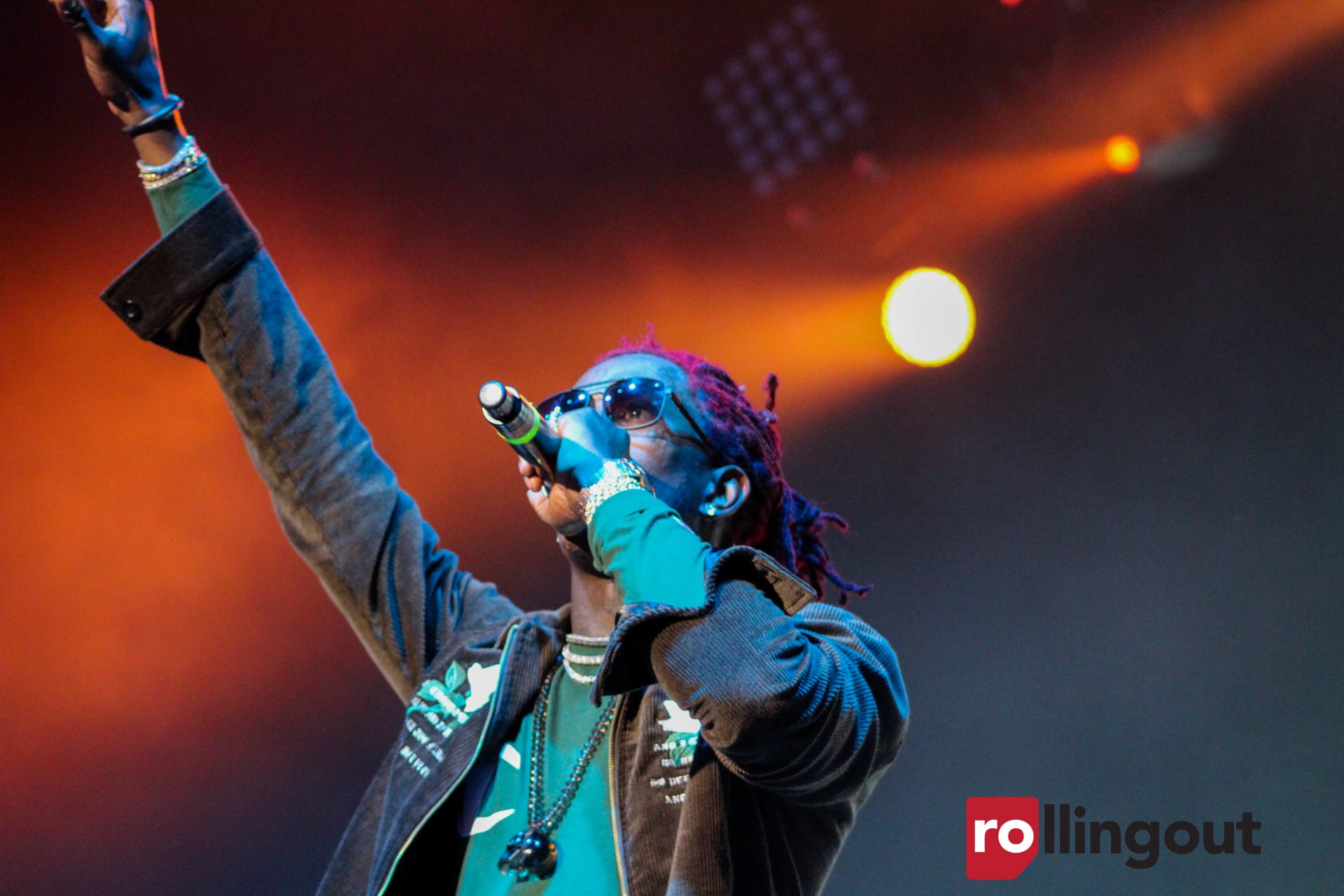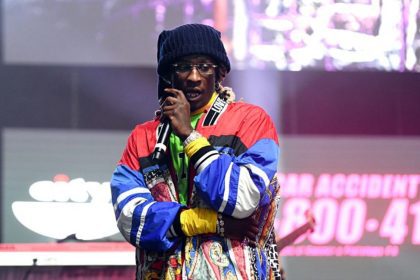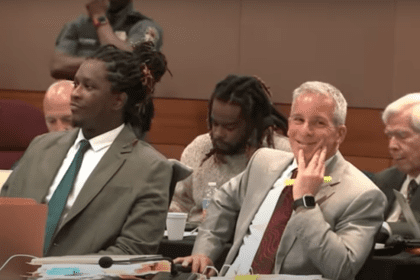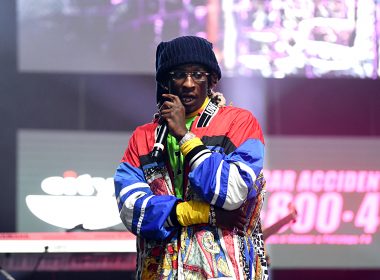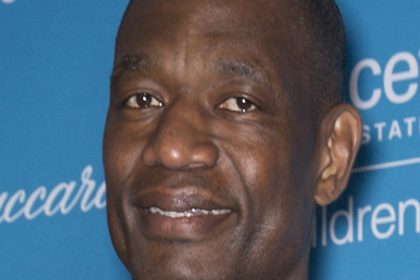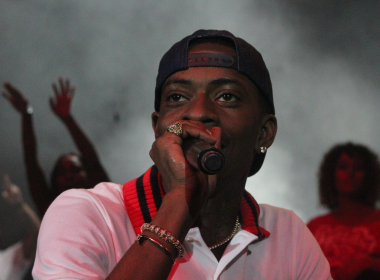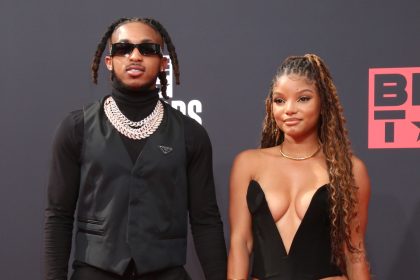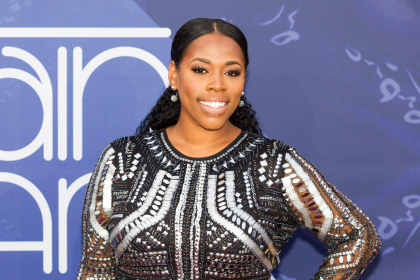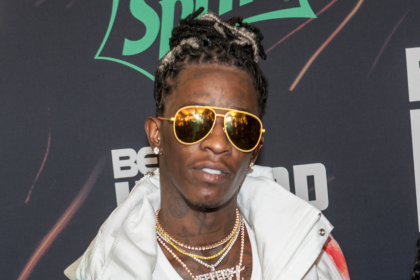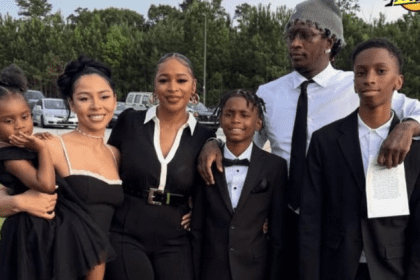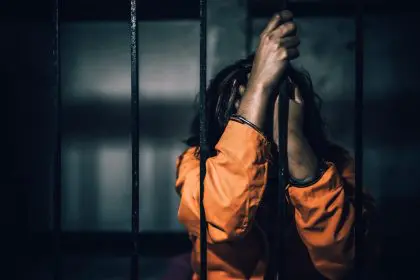In a recent court session, Judge Paige Whitaker found herself at the center of controversy after using the N-word while presiding over the ongoing YSL trial. The incident occurred as she was reading a social media post during an evidentiary hearing related to the trial of Young Thug and other defendants.
The incident in court
On Nov. 8, during a hearing for the remaining two defendants in the YSL case, Whitaker was reviewing evidence that included social media posts the prosecution aimed to use. As she read aloud a post that stated, “I gotta do it for boo, these n—-s lacking,” she inadvertently repeated the racial slur without censoring it. This moment sparked immediate backlash and concern within the courtroom.
Following the reading, the judge attempted to clarify her understanding of the post’s context, suggesting that it could imply the individuals mentioned were armed. However, the focus quickly shifted to her use of the offensive term.
Whitaker’s apology
After a brief recess, Whitaker returned to address the situation directly. She expressed her regret and clarified that it was her first time reading the document, stating, “I hope that that was not offensive to anyone. It was certainly not meant to be offensive to anyone. I do not use that word, and it was merely I should’ve been looking first before I said whatever I said out loud to edit, if there were any offensive words. So, I wanna apologize on the record for that.”
This apology highlights the sensitivity surrounding the use of racially charged language, especially in a legal setting where the implications can be profound. The incident has raised questions about the responsibility of judges and legal professionals to maintain decorum and respect in the courtroom.
Background on the YSL trial
The YSL trial has garnered significant media attention, particularly due to the involvement of rapper Young Thug, whose real name is Jeffery Williams. Recently, Whitaker sentenced Young Thug to probation after he accepted a non-negotiated plea deal. On Oct. 31, he pled guilty to six counts related to gang activity and no contest to charges of leading a criminal street gang and conspiracy to violate the RICO Act.
As part of his sentencing, Young Thug received a 15-year probation deal, with the stipulation that if he violates the terms, he could face up to 20 years in prison. This outcome has sparked discussions among fans and critics alike about the implications of such legal decisions on the hip-hop community.
Reactions and implications
The courtroom incident has drawn reactions from various corners of the internet, with many expressing outrage over the judge’s use of the N-word. Social media platforms have been abuzz with discussions about the appropriateness of her actions and the broader implications for racial sensitivity in the justice system.
As the YSL trial continues, the focus remains on the legal proceedings and the impact of the judge’s comments. The case has not only highlighted issues of crime and punishment but also the ongoing conversation about race, language, and power dynamics in America.
What’s next for Young Thug?
Since his release, Young Thug has been active on social media, sharing updates and reconnecting with fellow artists. He was recently seen with rapper T.I., suggesting that he is looking to move forward with his music career while navigating the challenges of his probation.
As the YSL trial unfolds, the community will be watching closely to see how these events shape the narrative around hip-hop culture and the legal system. The incident involving Whitaker serves as a reminder of the importance of sensitivity and awareness in discussions surrounding race and justice.

